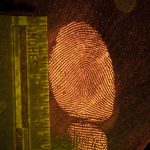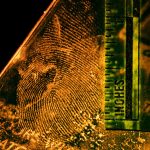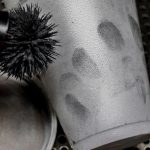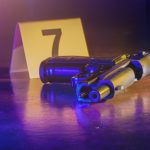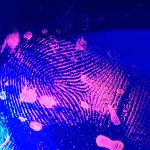Precon Class: Saturday, April 22
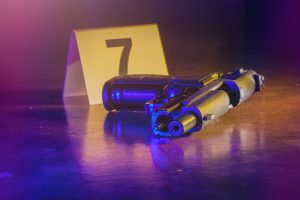 Basic Forensic Photography for Crime Scene Investigations
Basic Forensic Photography for Crime Scene Investigations
Hosted by Mike Fulton
Saturday, April 22, 2023
10am to 5pm
Crime scene photography remains one of the most important aspects of crime scene and criminal investigation. However, proper use of a camera can capture everything of significance at a crime scene that is contained in the viewfinder. This permanent recording can prove invaluable days, months, and even years after the crime scene has been released by law enforcement. Mike will go over the basic concepts of Forensic Photography, including capturing evidence and documenting the crime scene through skilled photography techniques. This crucial concept will be explained and shown in order to process proper criminal and crime scene investigations.
This course begins with instruction of basic photographic techniques such as the mechanics of exposure, depth-of-field, and motion control. Camera handling and operation are stressed in all areas to include camera controls and how they work, electronic noise causes and controls, and continue to the more advanced forensic concepts with hands-on processing techniques of latent fingerprint evidence using various modern-day chemicals.
Mike will support this course through hands-on instruction, lecture, real life case review, as well as practical exercises. The results of all exercises are reviewed in class and are critiqued by the instructors and the students.
 Course Topics
Course Topics
• Basic Photography
• Basic Electronic Flash including TTL Concepts
• Composition for the Crime Scene (How to photograph crime scenes)
• Photography of Chemoluminescent Blood Reagents
• Painting-with-Light Lighting Technique
• Fingerprint Photography and Specialized Evidence Lighting Techniques
• Alternate Light Source Photography
• Legal Issues for Digital Photography
Practical Exercises by Instructor and/or Students
• Electronic Flash Operation
• Bluestar© Reagent Photography
• Low-Light Photography/Painting-with-Light
• Fingerprint Photography and Evidence Lighting
• Alternate Light Source Photography
Suggested Audience:
• Amateur Photographers wanting to learn more about the basic concepts
• Professional Photographers wanting to expand their photographic knowledge base
• Law enforcement and non-commissioned personnel assigned to investigative tasks and duties such as crime scene investigators, fire investigators, detectives, medicolegal death investigators, patrol officers, corrections officers and forensic nurses
Students Should Bring:
• Camera and lenses
• Electronic flash
• Cable release
• Tripod
• Extra batteries for camera and flash
• Laptop computer and photo card reader (for photo review)
Approved Continuing Education Organization Hours:
• Professional Photographers of America (PPA)
• International Association for Identification (IAI)


